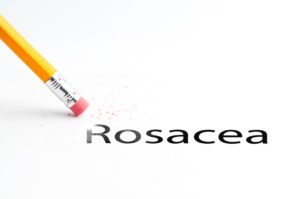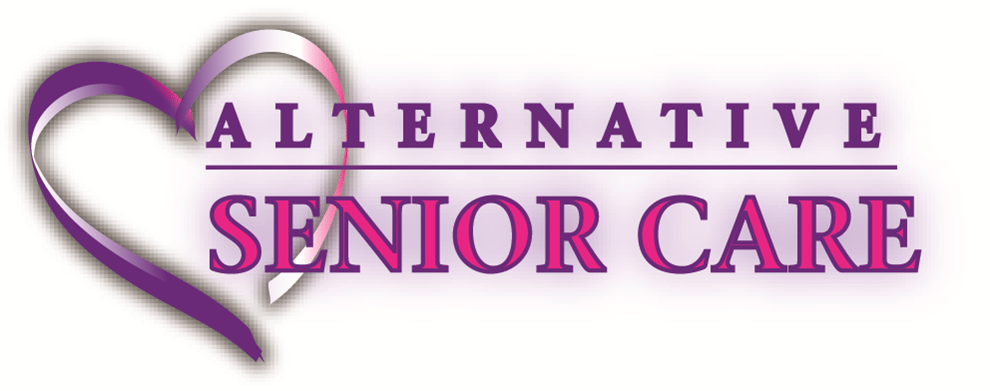Four Important Things You Should Know About Rosacea

Home Care in Glenwood MN: Four Important Things You Should Know About Rosacea
April is Rosacea Awareness Month. Do you know what rosacea is or how you get it? While it’s estimated that as many as 16 million people in the U.S. have rosacea, not everyone knows of the condition. Here are four important things to know about rosacea.
#4 – Age Matters: While there’s no tried and true age group affected by rosacea, most men and women do not develop the skin condition until after their 30th birthday. Once you have it, there is no cure. For a senior receiving home care, a frank discussion with caregivers can help avoid some of the triggers that make the redness, flaking skin, and pimples worsen.
#3 – Acne Cleaners Don’t Help: Some people believe they’re developing an adult form of acne and start to treat it with face creams and washes that contain salicylic acid, and this active ingredient can worsen rosacea. Every person is different, but in surveys of people diagnosed with rosacea, ingredients like alcohol, eucalyptus oil, mint oils, and salicylic acid all irritate rosacea. If your senior parent wants to try an acne wash, it’s best to do a test run on an inconspicuous area, such as under the bangs, first.
#2 – Rosacea: Doesn’t Have to Worsen as You Get Older: Whether rosacea worsens as one gets older is dependent on a few things. If your senior parent is diagnosed in his or her 30s or 40s and sees a dermatologist regularly, chances are it won’t worsen. As long as the senior receiving home care services continues to use topical or oral medications and follow a rosacea-friendly skincare routine, it’s not likely to worsen.
#1 – Rosacea Can Spread: Many associate rosacea with the skin on the cheeks, chin, and forehead. The truth is that rosacea can spread into the eyes (ocular rosacea). Ocular rosacea is not harmful if it’s properly diagnosed and treated. For the senior with ocular rosacea, eye redness, itchiness, and even burning are common complaints. It’s important to see an ophthalmologist who may recommend prescription eye drops. It’s more likely the home care provider will need to ensure the senior with rosacea uses lubricating eye drops a few times a day, places a warm compress on the eyelids daily, and takes flax seed oil and fish oil every day.
Rosacea may not have a cure, but it doesn’t have to worsen. With changes to skin care and dietary measures, many home care providers can help a senior with rosacea avoid much of the discomfort and embarrassment rosacea causes.
Sources:
https://www.rosacea.org/rr/2012/summer/qa.php
If you or an aging loved-one are considering in-home care in Glenwood, MN, please contact the caring staff at Alternative Senior Care today. Providing Home Care in Central Minnesota and Surrounding Communities. Call us Today (320) 352-3350.
- Stroke Prevention and Warning Signs - April 17, 2024
- If You’re Starting to Plan Your Next Vacation, but Caring for an Aging Parent Is Complicating Things, Senior Home Care Is the Solution - April 3, 2024
- In-Home Care Essentials: What Families Need to Know for Compassionate Elderly Care - March 20, 2024

